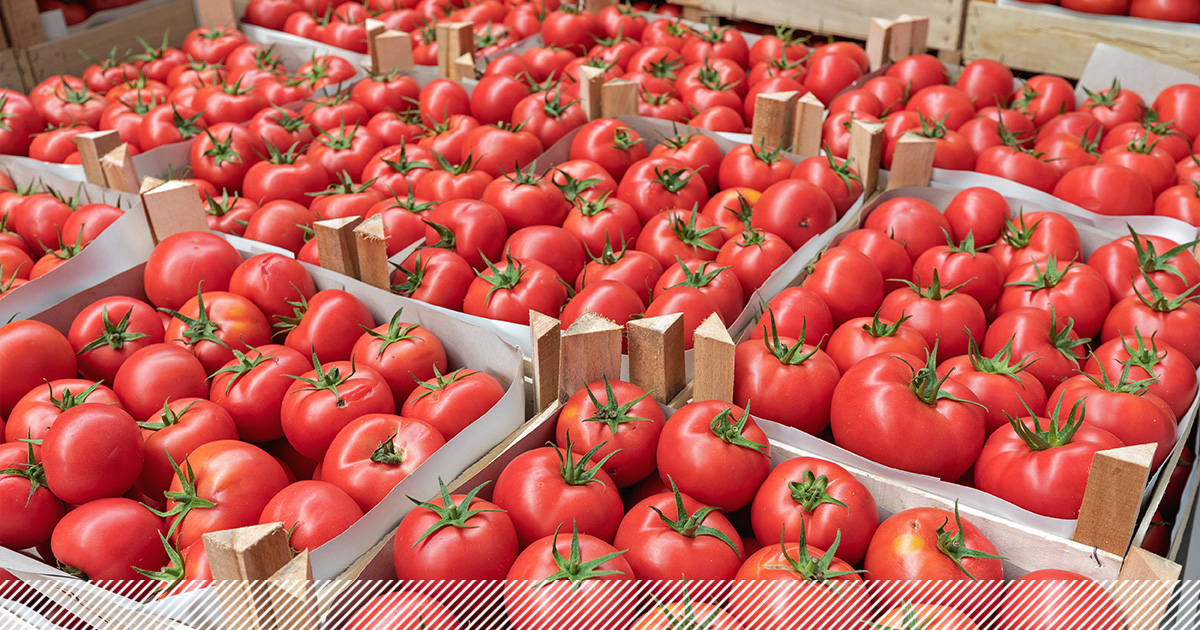Food Waste Intelligence

All facets of the foodservice industry have been affected by COVID-19, including food suppliers. The vendor partners we get our meats, seafood, and produce from are also seeing significant challenges as demand for products has reduced and supply in some areas is excessively high. The problem is, because demand is reduced, suppliers have more product on hand. This can sometimes lead to deliveries coming later in the window of freshness, which increases the risk of food waste. This is creating two issues: one, kitchens have to retrain t...
Read More >>Topics:
Food Waste Strategies
Restaurants deal with two primary costs: food and labor. In the current foodservice environment, kitchens have to get truly creative in order to meet the financial obligations of the business. Labor cost is and will always be a struggle to get a handle on. Too much labor and money is wasted, not enough and your business and customer satisfaction suffers.
Read More >>
Today isn’t just any Earth Day, it’s the 50th Earth Day. And to celebrate we’ve collected 50 of our top food waste prevention tips for the kitchen, whether the foodservice or home kitchen. It’s cliché, but in kitchens preventing food waste, every day is Earth Day. We’re proud to help kitchens around the world bring the mission of a more sustainable planet to their teams and their work. Enjoy!
Read More >>
Whether you’ve already got an active grab-and-go program or are instituting or expanding a program, there are best practices to follow to ensure it’s as waste-free as possible.
Read More >>
Getting the longest life out of the food you purchase is always a concern in a food operation. It is essential to make sure that foods are stored properly to extend shelf life and avoid unnecessary waste and cut back on frequent orders and deliveries.
Read More >>